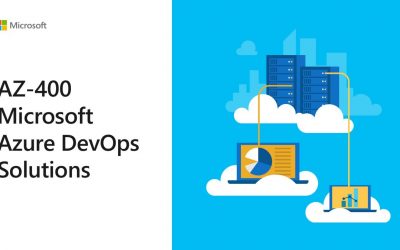Design and implement an Agile work management approach
- identify and recommend project metrics, KPIs, and DevOps measurements (e.g. cycle time, lead time, Azure Kubernetes Service, WIP limit)
- implement tools and processes to support Agile work management
- mentor team members on Agile techniques and practices
- recommend an organization structure that supports scaling Agile practices
- recommend in-team and cross-team collaboration mechanisms

